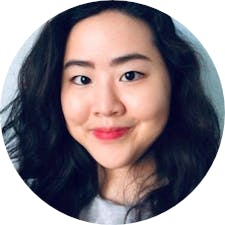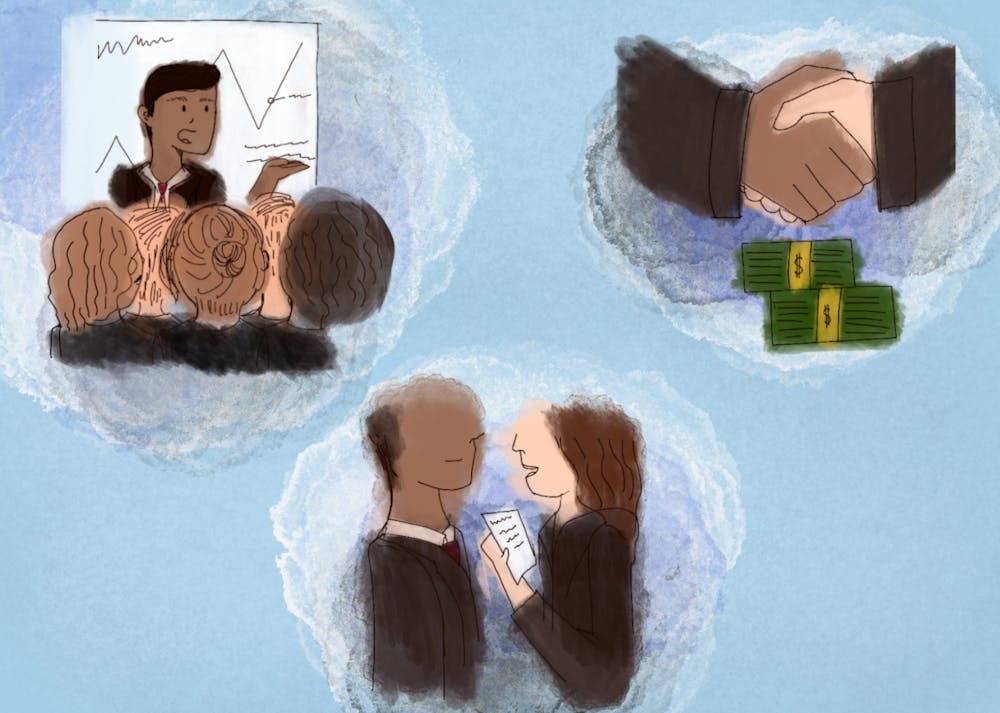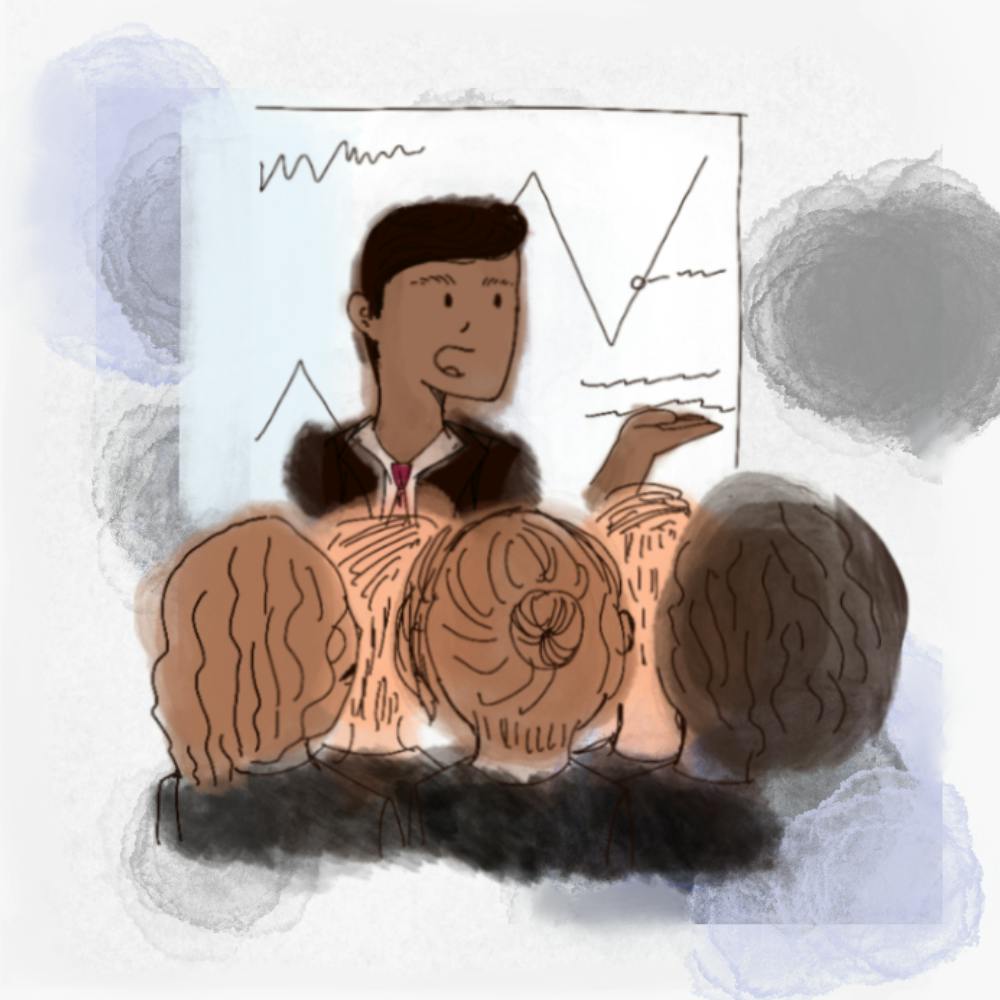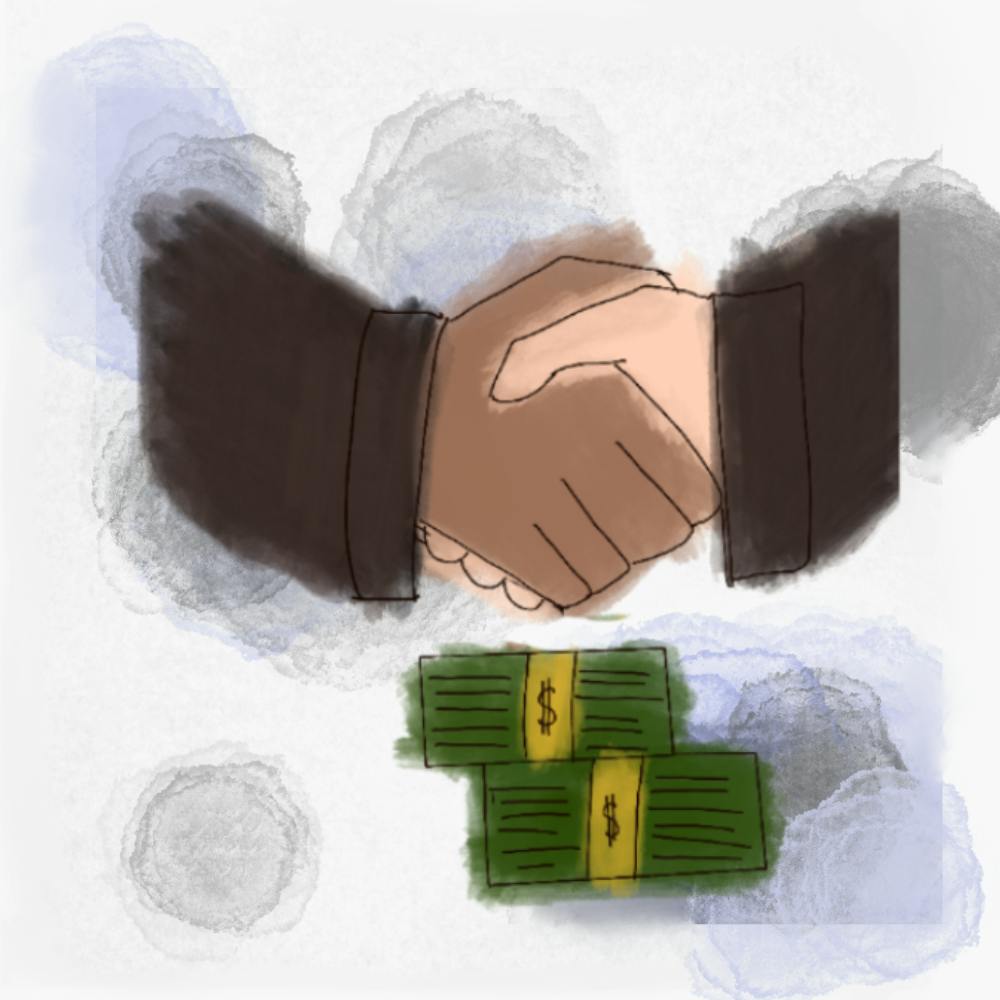The Difference Engine and the J. Orin Edson Entrepreneurship + Innovation Institute at ASU have partnered to develop SuperCharger — a Shark Tank-style incubator for social entrepreneurs and nonprofits.
Social entrepreneurs with innovative ideas that help reduce social, political and economic inequality will be able to take part in this biannual event where participants will go through a three round process pitching ideas to the SuperCharger Panel, a panel of entrepreneurs, community leaders and ASU faculty.
The Difference Engine pairs interdisciplinary entrepreneurship with enthusiastic students to create tangible and useful products for communities to help reduce the impact of inequality, similar to the work of the Innovation Institute which is well versed in propelling entrepreneurial ideas to solve modern problems.
SuperCharger aims to connect "small hyper-local grassroots ... nonprofits, and social entrepreneurs, who have innovative ideas to help their communities, with angel investors, companies and experts looking to make a direct, immediate and positive impact," according to its website.
As opposed to investors on the show Shark Tank who expect a financial return of investment, Ehsan Zaffar, founder of The Difference Engine said "there is a growing group of social impact venture capitalists who don't necessarily want a return in dollars, they want some other kind of return" that uses different metrics.
For example, a social entrepreneur making an app for social good might promise their app will help 10,000 people in a certain way as a return on investment. Zaffar said this is a different kind of return on investment than what nonprofits are used to, as these returns measure how effective the product or service is, which leads entrepreneurs to hone in more on entrepreneurial output.
During each stage of this hybrid competition, participants will be able to receive small seed funds to improve proposals and those that make it to the last round will receive a larger implementation grant. The amount for these funds has not yet been determined. The small seed funds will help applicants develop business-oriented skills and accelerate product development, said Zaffar.
Participants will be able to form relationships with panelists as well as develop entrepreneurial skills and techniques, such as learning how to pitch ideas, form business plans, develop and launch products.
"Relationships and skill development are key aspects of the overall experience, which should have long-lasting benefits beyond the program participation dates," said Laura Dunning, associate director of the J. Orin Edson Entrepreneurship + Innovation Institute.
While the panel has not been formed yet, they are currently looking at the mentors under Venture Devils and seeing who has the experience they need. As the project continues to grow, Zaffar said they plan to eventually recruit their own mentors specific to the incubator.
"SuperCharger is a fork off of the Venture Devils platform...," Zaffar said. "The difference here is that the kinds of applicants (non-profits vs. for-profits) and the kinds of resources, advice and guidance they receive — will be one geared toward a social good or nonprofit mission rather than a for-profit one."
The team is currently planning to have a soft launch in May with a small cohort of two to five applicants. Social entrepreneurs will be able to apply to participate once the SuperCharger website has been redesigned with all the information applicants need.
Halle Aquino, a senior majoring in political science and public service and policy works as an entrepreneurial catalyst to help develop SuperCharger by identifying candidates for the project and talking to people at ASU and gauging their interest in the program.
"We want to ensure that our applicants, our SuperChargers, are going through this program and have the opportunity to be successful," Aquino said. "This is making us think about the process itself and making sure they don't get lost in this program and that they have the opportunities they need to develop their initiatives."
With SuperCharger, Zaffar wants to encourage nonprofits to become more sustainable by having a more product-centric entrepreneurial approach.
"The expectation isn't financial gain — the gain is more abstract and sometimes harder to quantify; it’s gain for our communities, for the future," said Aubrey Hicks, managing director of The Difference Engine.
Zaffar hopes SuperCharger will serve as a hallmark or benchmark for others to copy and even improve upon.
"It shouldn't just be nonprofit or profit," Zaffar said. "There should be something in the middle that accelerates the work of a nonprofit using for-profit principles without compromising their identity as a nonprofit organization."
Reach the reporter at mindy.lok1@gmail.com and @minn_lk on Twitter.
Like The State Press on Facebook and follow @statepress on Twitter.

Mindy Lok is a reporter for the business and tech desk. She also works as a digital content producer for the College of Health Solutions.







